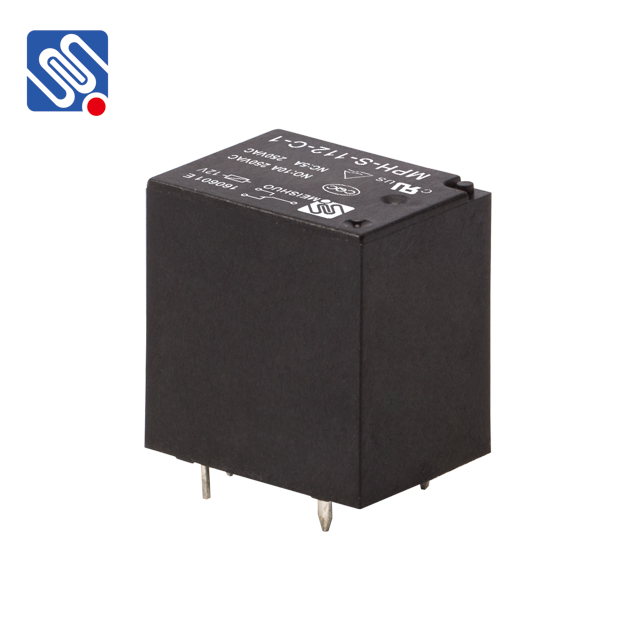relay functional testing: ensuring the reliability and performance of relays
Release time:2025-11-14 20:11:09
Relay functional testing is a crucial process in verifying the operational performance and reliability of relays in electrical and electronic systems. A relay is an electrically operated switch that plays a significant role in controlling circuits and systems in various industries, including automation, telecommunications, and power management. Given its importance, it is essential to perform rigorous testing to ensure that the relay functions as intended under various conditions. This article discusses the significance, methodology, and objectives of relay functional testing.

The Importance of Relay Functional Testing Relays are integral components in controlling electrical circuits, making decisions based on input signals, and ensuring the proper operation of devices in a system. These components are often used in situations where automation, safety, and reliability are critical. Since relays are commonly used in high-stakes environments—such as power distribution networks, industrial machinery, and automotive systems—ensuring their proper functionality is paramount. Relay failure can lead to severe consequences, including system downtime, loss of critical data, and even safety hazards. This is why functional testing is vital for guaranteeing that relays perform efficiently and reliably over their intended lifespan. The testing process helps identify potential defects, ensure that the relay meets operational standards, and verify that it operates within specified tolerances.

